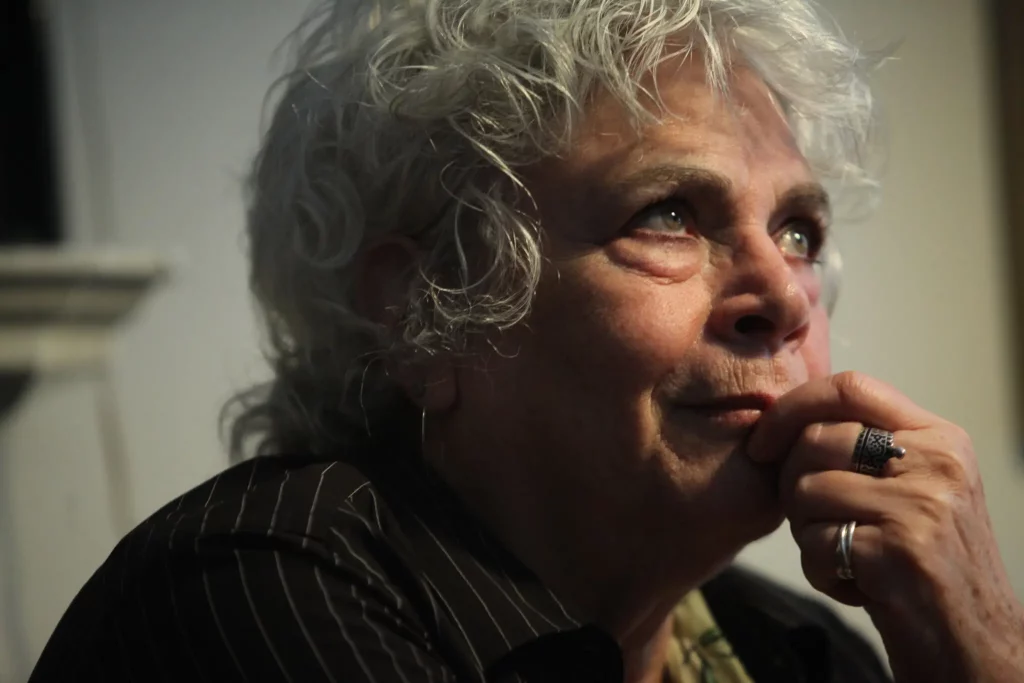Translators of literary masterpieces were destined to live in obscurity without getting any recognition for their labour of love both in academic and monetary terms. That their work also rises to the stature of art, though certainly not at par with that of the original creators, was never understood till the phenomenon called Edith Grossman, appeared on the literary scene. Grossman not only elevated the art of translation, but completely redefined it. Her death a few days ago at the ripe old age of 87 has brought back into focus the importance and glory of translation.
For the past four decades, she has been the “English voice” of such Latin-American writers as Gabriel Garcia Marquez, Cervantes, Isabel Allende, Carlos Fuentes and Antonio Muñoz Molina. She has earned a name for herself as a creative translator for her nuanced translation of Don Quixote by Miguel de Cervantes and Love in the Time of Cholera, by Gabriel Garcia Marquez, among others. Her translation of literary pieces is not merely reproduction of the original in a different language word for word. She regarded translation as an art of delving deep into the mind, consciousness, vision and sensibilities of the creator and interpreting them in a way the author himself would have appreciated. She compared the craft with the skill of an actor who delivers dialogues written by a playwright conveying the sense with his insight into the mind of the writer and intonations.
In Grossman’s opinion, a translator cannot be dismissed as a mere labourer in the literary business who should be satisfied with the wages that she or he gets. She fought for the translators’ right to be recognised — and remunerated — with their names on the books’ covers alongside the writers’. It was a defining moment for the world of translation where translators were always treated as second class citizens. She wrote in the introduction of her essay, Why Translation Matters, way back in 2010, “Translation expands and deepens our world, our consciousness, in countless, indescribable ways.”
Grossman dedicated herself to translating Latin American and Spanish authors at a time when literary translation was not considered a serious academic discipline or career. She rightly described translators as the “humble Cinderella” of publishing. She was the first to understand the role of a translator as a “living bridge between two realms of discourse, two realms of experience, and two sets of readers.”
She insisted that on any book she translated, her name must also appear on the cover along with that of the author. This was a practice that publishers had traditionally resisted for both financial and marketing reasons. They thought translation was a mundane job of one with some knowledge of words for which the translator should be happy with whatever money she or he was given. A translator, who knows the art, tries to think and feel the way the writer does. The translation then becomes a recreation. This is the reason why Marquez became alarmed and envious when he came to know Grossman was about to translate Cervantes’ Don Quixote as well. He paid glowing tribute to his translator when he said she was his “English voice.” He sounded jealous because he wanted Grossman to be his voice alone which shows how the translator became identified with the creator himself.
When her translation of Don Quixote appeared in 2003, with her name on the cover along with that of Cervantes, it raised her to a different pedestal and also helped enhance the position of literary translation. There had been many valuable translations of Don Quixote, but as the celebrated critic Harold Bloom wrote Grossman’s version is distinguished for the extraordinarily high quality of her prose.
It was not simply for money and fame for which Grossman fought the case of translators. Literary translations represent a global conversation that builds mutual understanding through the exchange of ideas, culture and a shared love of literature. This is what is most needed in the present world torn with conflict, intolerance and apathy to listen to many voices.
